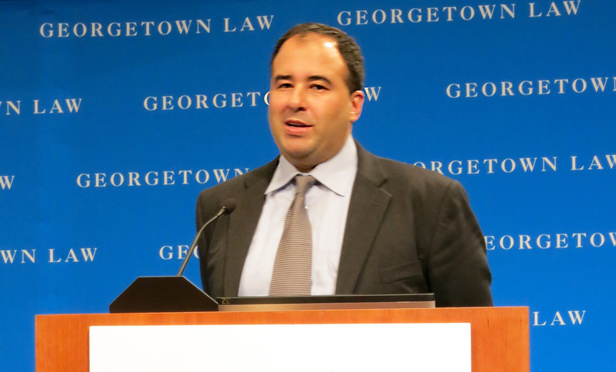One year ago Thursday, in Kiobel v. Royal Dutch Petroleum Inc., the U.S. Supreme Court interjected uncertainty into otherwise well-settled law relating to the reach of the U.S. Alien Tort Statute. Issued among a series of blockbuster decisions last term, the Kiobel ruling may have flown under the radar, but its implications for the development of U.S. human rights law are of grave importance.
The law was enacted by the first Congress in 1789 to bring the nascent nation into compliance with international law norms and to ensure that U.S. courts would provide redress to foreigners who suffered torts “committed in violation of the law of nations.” The statute’s simple terms laid relatively dormant for two centuries, until lawyers at my organization, the Center for Constitutional Rights, first recognized its power in 1979.



